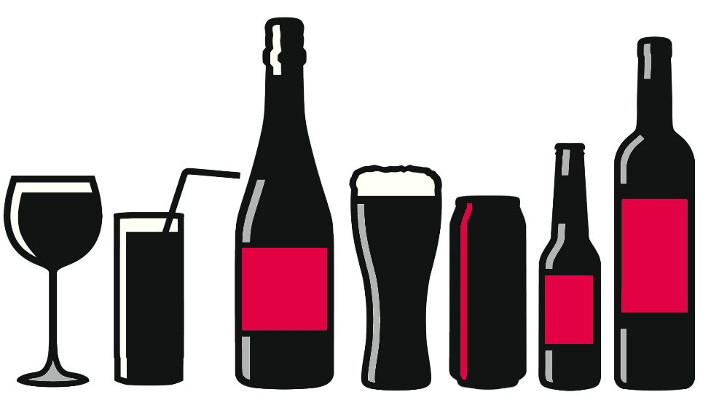Leaving aside the need for drugs to help people with medical conditions let us consider why so many people take drugs.
Rebellion with a cause:
Throughout life a person is posed with challenges. The period between mid-teens and young adulthood is certainly one that affords unique circumstances that can shape lives.
Rebellion is often in mind and can cause a person to go against the grain. They will ignore the advice of parents and older members of society, and in many cases, do exactly the opposite.
A perfect example of this is the use of drugs and alcohol with little knowledge of the actual harm they can cause.
The problem is that what is seen as fun and giving vent to their rebellious streak can very quickly turn into an addiction that is not so easy to lose.
Peer pressure:
This reason for trying drugs can also be linked with a person’s rebellious stage, but also affects adults. Anyone around others who are experimenting or using alcohol and drugs can also feel pressured into trying them.
They do not want to be a minority voice in the group they hang around with and fear that saying “No”, will ostracise them and leave them out in the cold.
Anyone feeling this type of pressure must resist. It is important that a person never does something they are uncomfortable with simply for the sake of doing it.
Walking away from drugs and/or alcohol and withstanding peer pressure will strengthen your resolve and true friends will surely understand the reasons behind your decision.
Experimentation:
Curiosity is a normal trait of life. We are curious to understand how things work, how others live and what effects certain actions or substances can have on ourselves.
For this reason, many will dabble with drugs or alcohol. They will have heard the street-stories of those involved in escapades while high. They will also be given the glossed-over facts of how good certain substances can make a person feel.
What will always remain unsaid in these tales is the negative aspects of drug or alcohol experimentation. The comedown, the negative feelings, and just as importantly the need for more.
Loneliness:
There will be times in life when a person feels completely alone and perhaps is overcome by feelings of emptiness. An easy excuse is turning to drugs or alcohol in the belief that these substances will fill that void.
Nothing could be further from the truth. Indeed, after a heavy session on drugs or alcohol the negative feelings a person had could well be more pronounced.
Emotions:
Very often when a person tries drugs or alcohol it makes them feel good. They think they are forgetting their problems and containing certain emotions.
The use of substances to contain or control emotions often leads to a reliance upon them. This reliance turns into something a person cannot live without as the scope of emotions they mask grow wider.
Many more reasons:
There are many more reasons than the 5 mentioned above but none are valid for excessive use of alcohol or drugs. Such use will quickly turn into abuse and from there addiction awaits.














